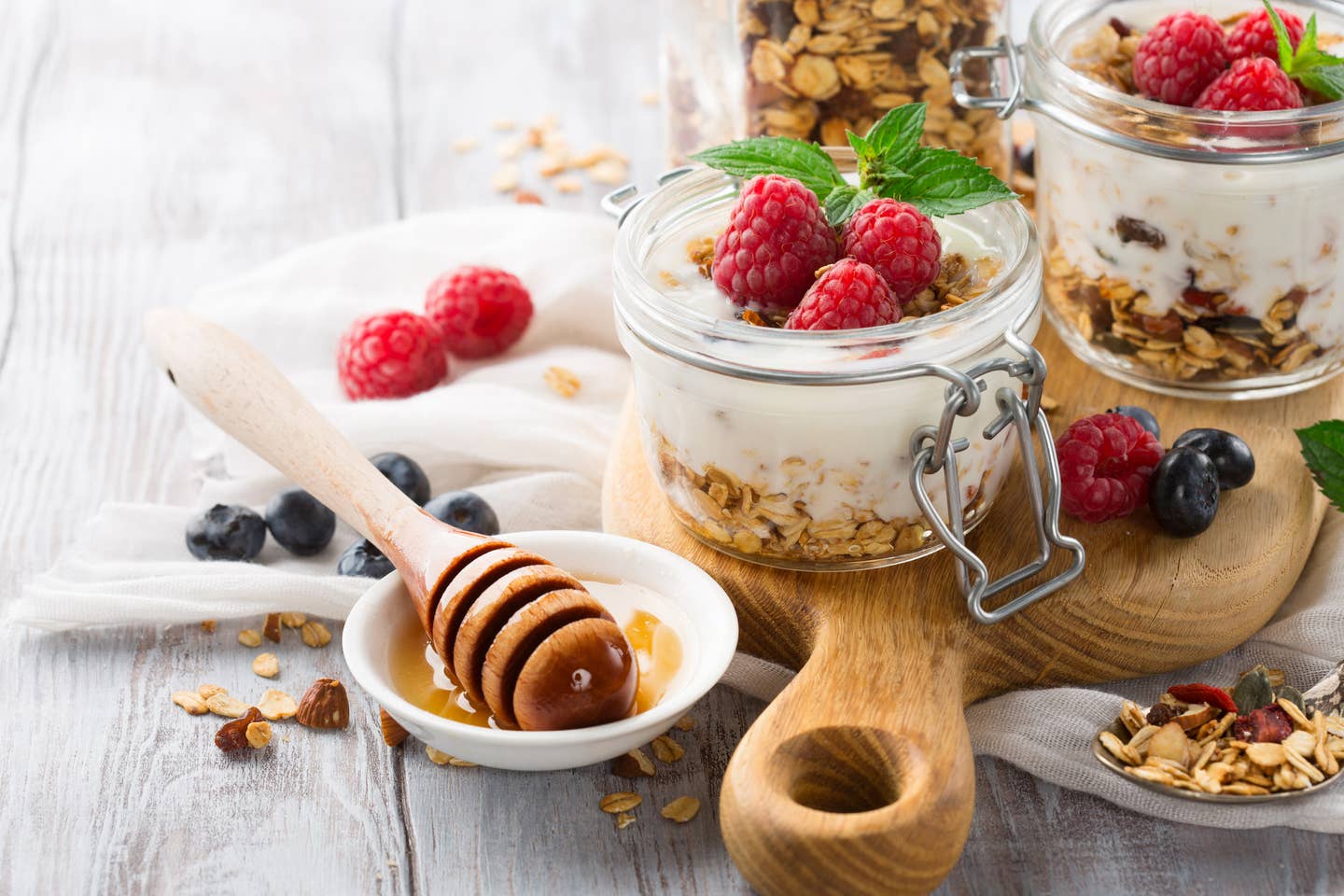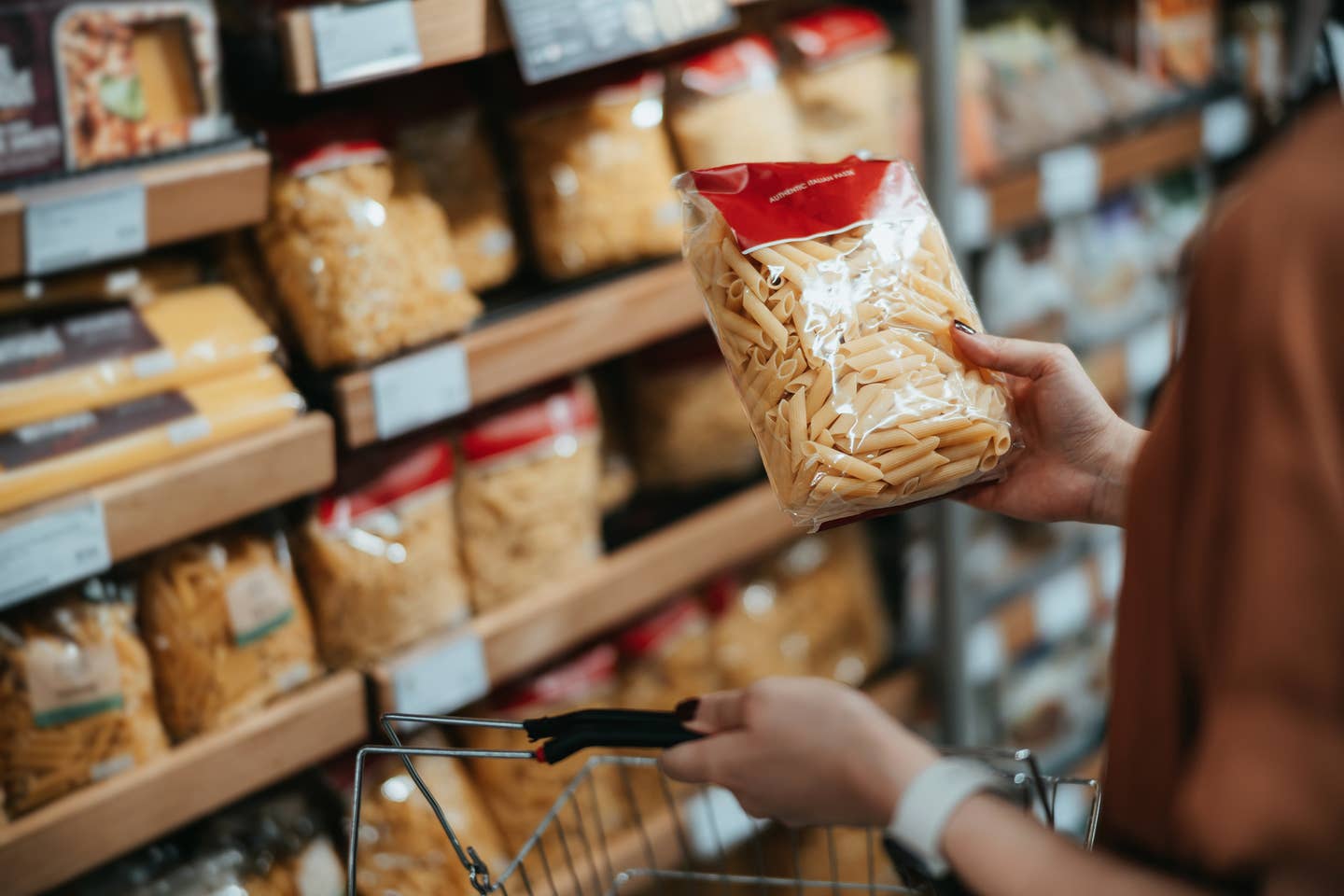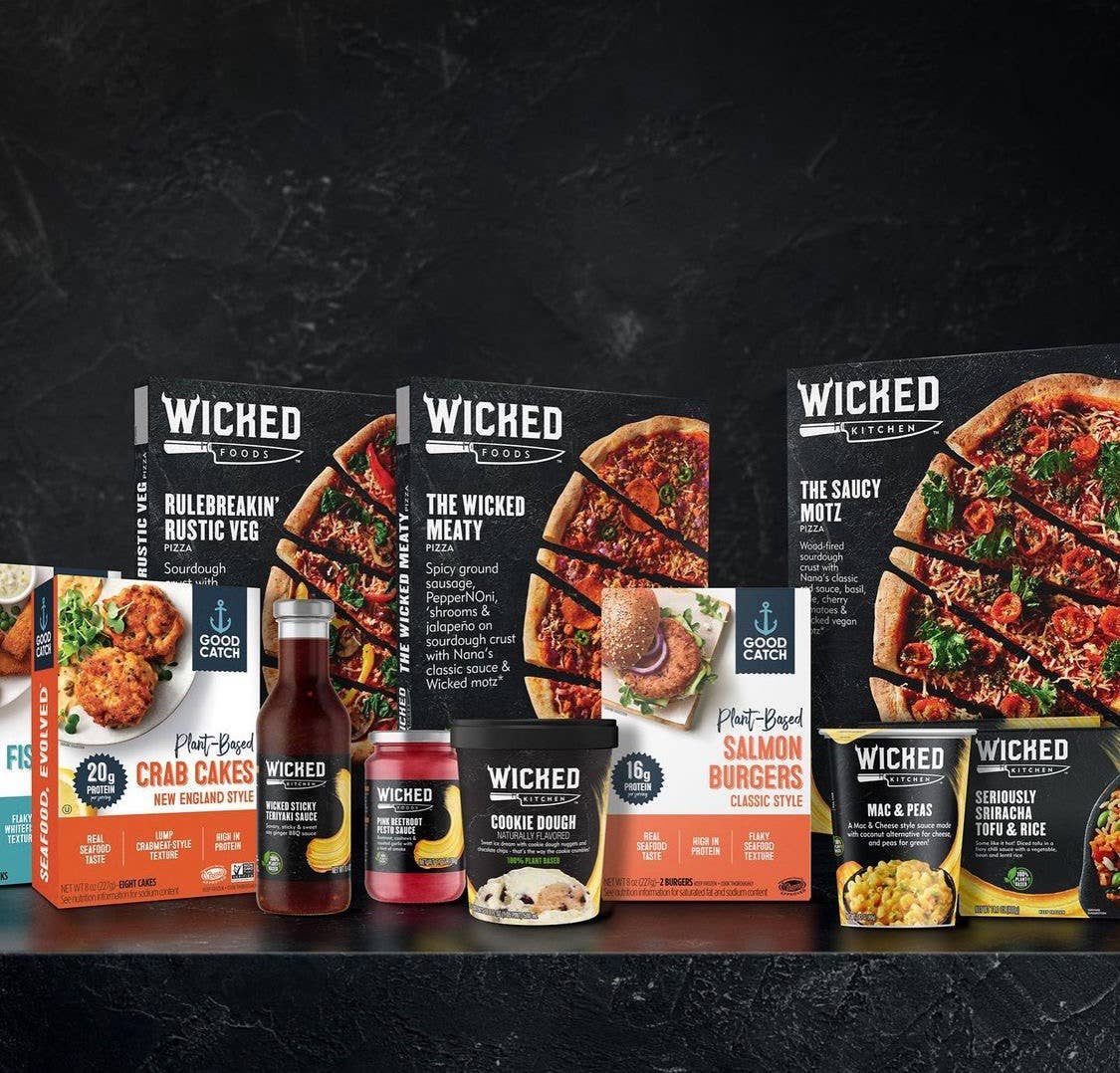
The Future of Honey is Bee-less, Saving Both the Bees and Our Conscience
The global honey market is estimated to be a 9.79 billion dollar industry, and it is predicted to grow to over 14 billion by the year 2025. Contrary to popular opinion, this golden elixir is not just slipped into tea on a cold winter’s day. It is used as an ingredient in a variety of food, body wash, makeup, chapstick, lotion, soap, and more. But what about the bees? We know that the extraction of honey can lead to the death of bees, the stealing of their food or the destruction of their homes. So most vegans stay away from honey and products that contain it. But what if you could create honey and not need to use a bee, or harm any of these amazing creatures? That's the goal of several innovative companies that are working to be able to create honey, in the lab.
Those who stand behind the use of honey, point to its antioxidant, antihistamine, and natural immune-boosting properties and the fact that there are ways to extract it and not harm bees, although most industrial honey is not harvested in this careful manner. For more on how to tell the difference and buy honey that is ethical and sustainable, The Beet has covered this important consumer concern.
Meanwhile, there are always going to be consumers who stay away from honey, even that which is extracted in a sustainable manner, since at its core, it requires bees to work in the service of another species, meaning humans, and therefore is a case of exploitation. To make matters even worse, the way honey is mostly extracted now is cruel and leads to the destruction of the bee population and the environment as a whole.
New Innovative Companies Are Seeking Ways to Create Honey and Not Harm Bees
“A healthy environment needs bees — but not honeybees,” says Jonas Geldmann, at the University of Cambridge, The way that we ‘farm’ and extract honey today is unnatural, he adds. It creates competition among wild bee species, which leads to an imbalance in the natural environment. To protect the bees–as well as the planet– people need to become creative, he adds. We need an alternative to harming bees.
Impossible makes meatless meat and now Brave Robot is marketing dairy created without a cow, so consumers are one step closer to being open-minded to honey without the bees. Innovators in the agriculture industry have shown consumers, as well as lawmakers and lobbyists, that we can combat climate change and lower our carbon footprint by switching to plant-based alternatives. In the case of honey, however, the product is already plant-based but made by living insects. The big change needed is to create honey without exploiting and endangering bees.
In an exclusive interview with The Beet, Darko Mandich, CEO of MeliBio said that it is important to “rethink the food supply chain in a brave and open-minded way.”
“The future of honey is beeless,” he adds. Mandich and his co-founder Aaron Schaller say they have the science to back it up. “At MeliBio, we aren’t making ‘fake honey’ Mandich says. "We are using the latest innovations in microbiology to create a special technology that will allow us to get honey directly from plants. It’s better for the bees, and it’s essential for humanity.”
“Our goal is to have our final product to be indistinguishable from bee-made honey” in taste and health benefits. When asked when consumers will be able to buy this bee-less honey Darko said that he is interested in more than putting jars of honey on the grocery store shelves. He and Schaller are hoping to supply honey to all outlets: replacing honey as an ingredient in cosmetics, foods, and personal care items. Beeless honey is expected to be available in the Fall of 2021. This will certainly be a gamechanger, and we are not the only ones who think so!
If you want to hear Mandich and Schaller explain how MeliBio plans to save the bees and lower our global carbon footprint, all the while providing deliciously vegan bee-less honey for more on how they plan to roll out the beeless honey, check out their YouTube Seminar, on Friday, October 9th at 11am ET.
More From The Beet






